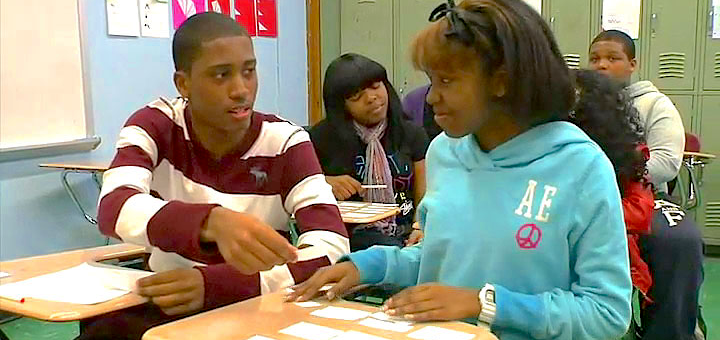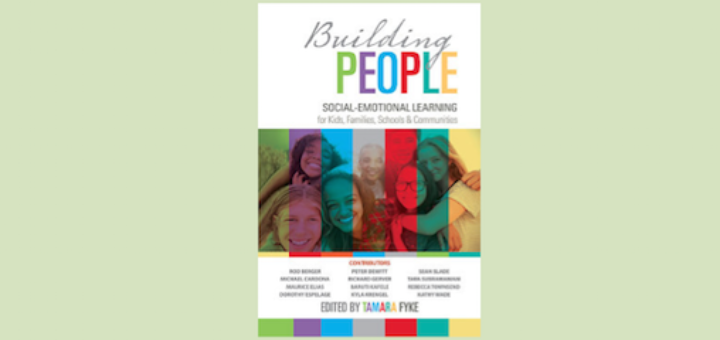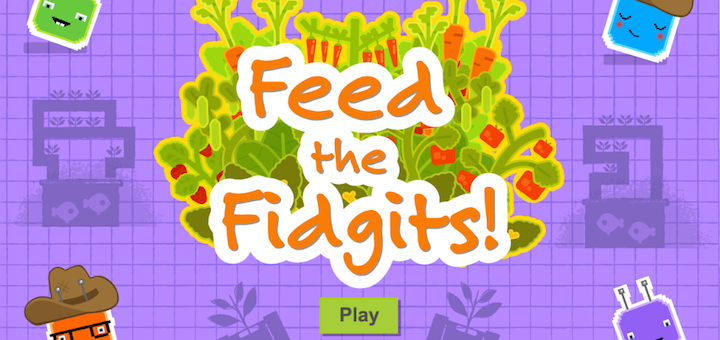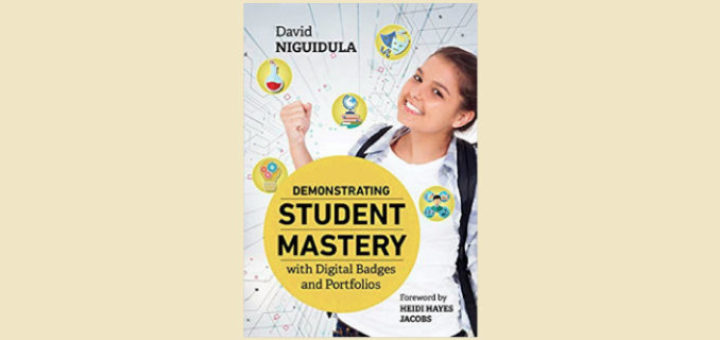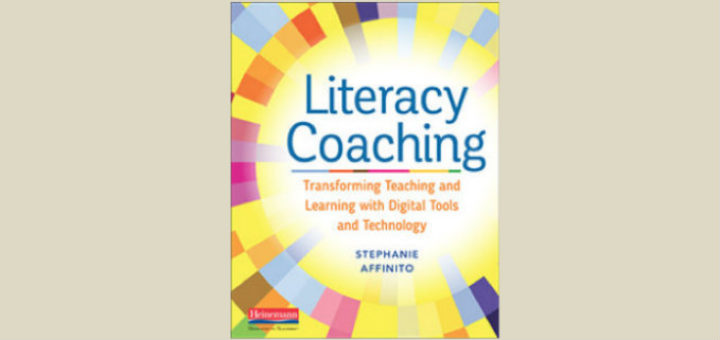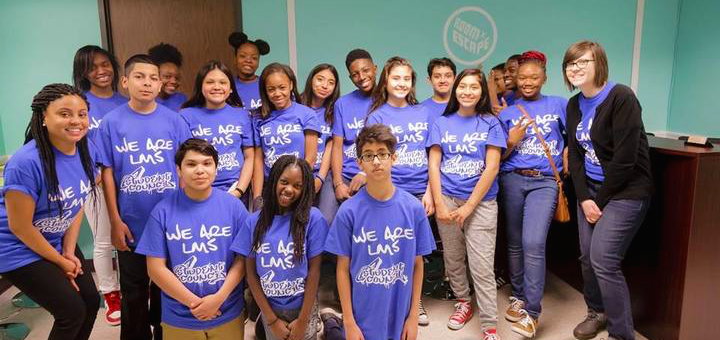Teaching and learning in grades 4-8
Michelle Russell’s plan to end the year with some “serious teaching” has quickly collapsed under the weight of special events. That’s okay. “It came to me eventually that I also want to enjoy the last few weeks I will have these students.” Here’s what she decided to do.
Building People is like a panel discussion on the current state of social emotional learning with 12 authors looking at where SEL is, its future, and ways to use SEL to help kids succeed. Teacher leader Laura Von Staden finds the book a useful if one-sided resource.
Anna J. Small Roseboro offers educators a trio of books filled with an assortment of reading and writing strategies for teaching middle school students. Both veteran and beginning teachers will find any of these titles useful, writes education consultant Anne Anderson.
Returning from the 2018 NCSS conference, Sarah Cooper reignites her US history unit on reformers to deepen student understanding about historical, current and future activism. Learn more about the 10 Changemaker Questions she used to create a sense of action in her classes.
The final bell of the year will soon ring, but teachers still have the opportunity to provide students with encouragement, tools, and an expectation to play, explore, and discover the world outside school. Curtis Chandler’s post overflows with STEM resources to do just that.
Good questioning helps students build understanding, but poor questioning can deter students from learning. How can you create great questions? Teaching expert and author Barbara Blackburn shares four strategies to involve students daily in effective class discussions.
In response to kids just being mean or in instances of downright bullying, teaching children to be calmly assertive can help. Rita Platt shares strategies that students can use to stand up for themselves and others – learning the difference between tattling and reporting.
David Niguidula goes beyond theory and provides a multitude of authentic examples, practical applications, and thoughtful considerations for the development and use of digital badges and portfolios to boost student mastery, writes teacher leader Jennifer Savery.
Many books focus on effective literacy coaching, and others are specific to technology integration in education. Stephanie Affinito’s Literacy Coaching: Transforming Teaching and Learning with Digital Tools and Technology fills a gap by merging the two, writes Shannon Russell.
Low expectations and inequitable classrooms persist in many of America’s public schools, writes Regie Routman, author of Literacy Essentials: Engagement, Excellence and Equity for All Learners. Here’s what Routman believes educators must do to address this moral dilemma.

